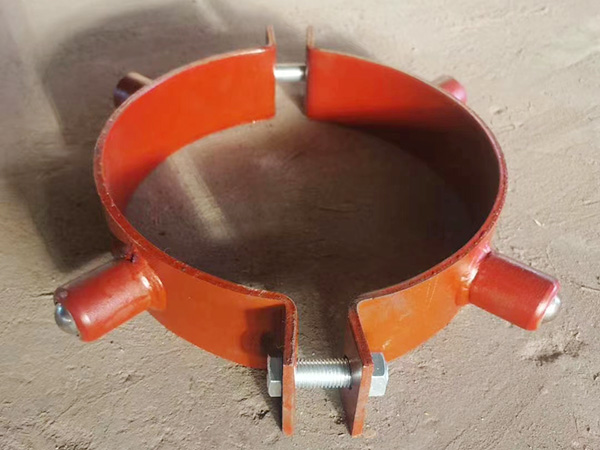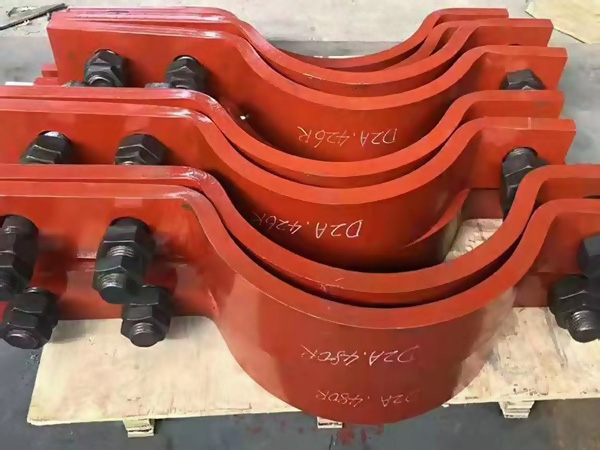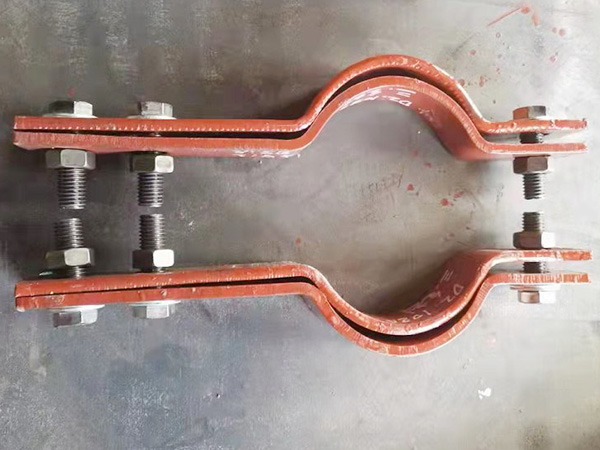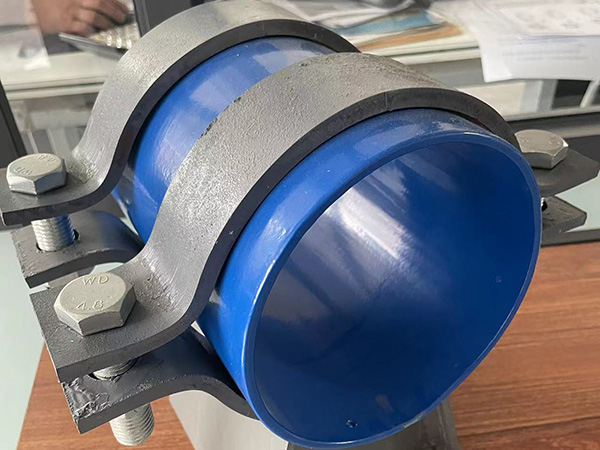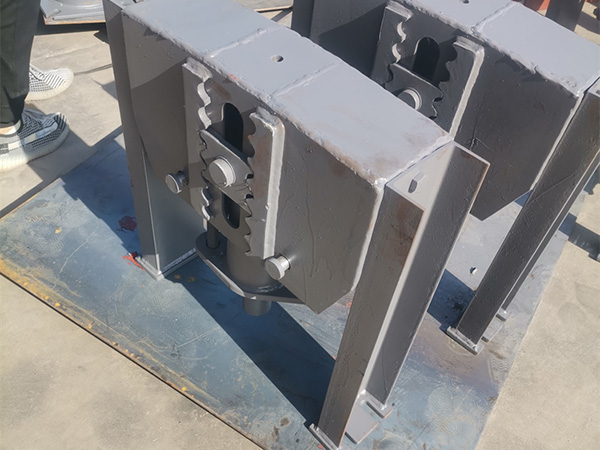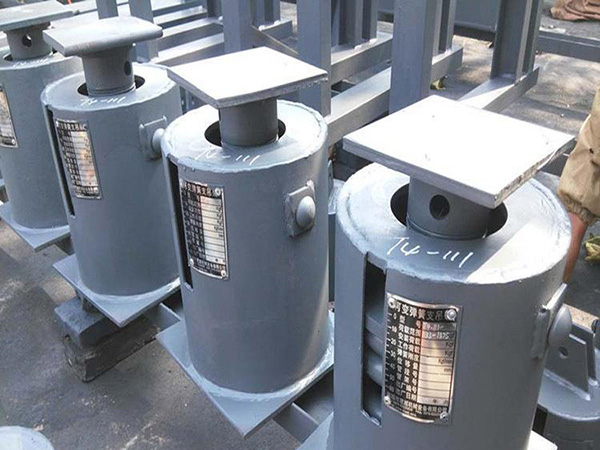Special Performance Requirements for Marine-Grade Elbows
Author:Mingde Time:2025-04-28 17:57:30 Click:88
Special Performance Requirements for Marine-Grade Elbows
In marine environments, elbows are critical piping components used in various ship systems such as ballast water, cooling, fuel supply, exhaust, bilge, and firefighting pipelines. Due to the harsh and highly corrosive nature of the marine environment, elbows used on ships must meet stricter performance and reliability standards than those used in land-based applications. Below are the key performance requirements specific to marine-grade elbows:
1. Corrosion Resistance
Requirement:
Elbows must be highly resistant to corrosion caused by saltwater, humidity, and marine pollutants.
Details:
Material selection is critical—commonly used materials include stainless steel (316L, duplex), copper-nickel alloys, and marine-grade carbon steel with coatings.
Anti-corrosion coatings or linings (e.g., epoxy, zinc-rich primers) are often applied to extend service life.
2. High Mechanical Strength
Requirement:
Marine elbows must withstand high internal pressure and mechanical stress due to ship movement, vibrations, and pressure surges.
Details:
Must be capable of absorbing vibration, wave impact, and hull deformation.
Structural integrity is essential, especially in engine rooms and fuel systems.
3. Seaworthiness and Vibration Resistance
Requirement:
Elbows must remain secure and leak-free under dynamic sea conditions and continuous engine operation.
Details:
Elbows should feature reinforced welding or flange joints to reduce the risk of fatigue or loosening.
Vibration damping features or proper support structures are recommended to avoid stress failure.
4. Heat and Fire Resistance
Requirement:
Certain ship systems (e.g., exhaust or engine cooling lines) require elbows that can tolerate elevated temperatures and potential fire exposure.
Details:
Use high-temperature alloys or heat-resistant coatings where applicable.
In fuel systems, fire-safe design standards may apply (e.g., IMO, SOLAS compliance).
5. Space-Saving and Compact Design
Requirement:
Shipboard piping spaces are usually constrained, requiring elbows that are compact and efficient in layout.
Details:
Short-radius elbows or custom-angle bends are often needed to accommodate tight installations.
Must maintain good flow performance despite space limitations.
6. Compliance with Marine Standards and Certifications
Requirement:
Marine-grade elbows must conform to international maritime standards and undergo strict quality inspections.
Standards May Include:
ABS (American Bureau of Shipping)
DNV (Det Norske Veritas)
BV (Bureau Veritas)
LR (Lloyd's Register)
CCS (China Classification Society)
Details:
Traceability of materials and manufacturing processes
Third-party inspection and certification
Markings to ensure origin, grade, and heat number
7. Anti-Biofouling and Anti-Scaling Properties
Requirement:
Elbows exposed to seawater, especially in cooling systems, must resist biological fouling and mineral scale formation.
Details:
Copper-nickel alloys naturally resist biofouling
Internal linings or coatings may be used to prevent scaling in long-term service
8. Ease of Maintenance and Replacement
Requirement:
Shipboard maintenance is complex; elbows must be designed for easy inspection, removal, and replacement.
Details:
Flanged connections are preferred in systems requiring routine inspection
Modular or standardized elbows simplify spare part management
Conclusion
Marine-grade elbows are engineered to operate reliably under the extreme physical, chemical, and operational stresses found at sea. When designing or selecting elbows for marine use, engineers must prioritize corrosion resistance, mechanical durability, thermal performance, certification compliance, and maintainability. Proper elbow selection enhances the safety, efficiency, and longevity of vital onboard piping systems, ensuring safe operation throughout the vessel's service life.
 Hot Products
Hot Products
 Contact Us
Contact Us
Contact:
Mobile:+86 +86 19133378808
Website:mingdepipe.com
Address:


